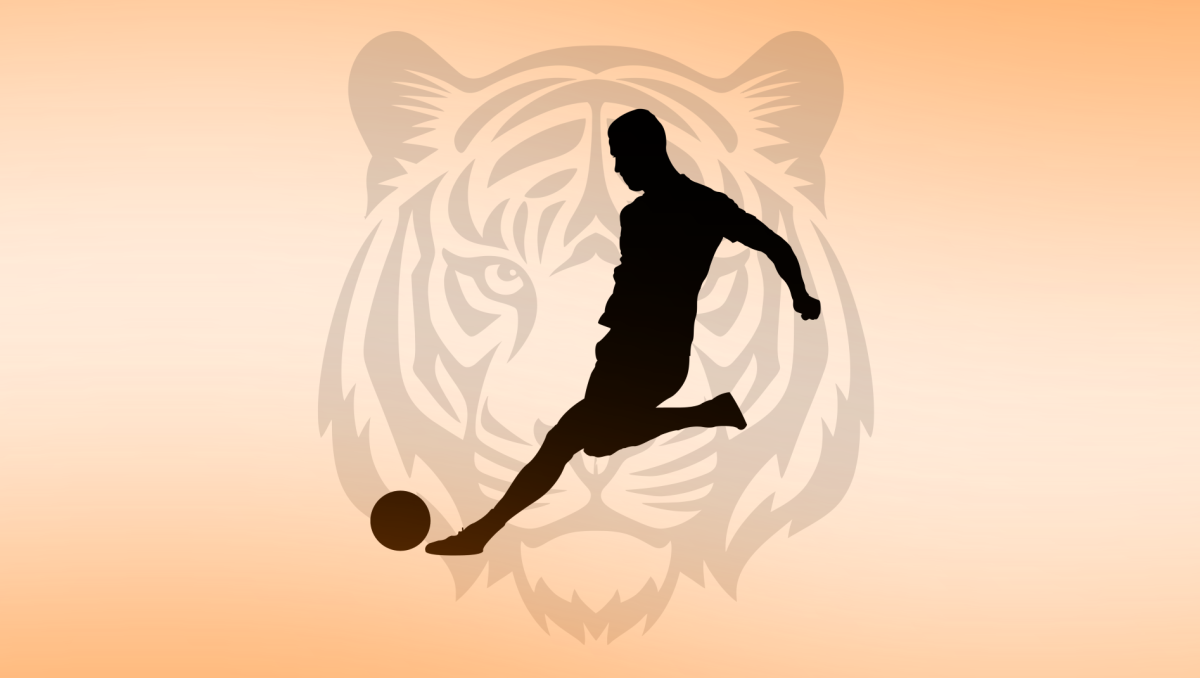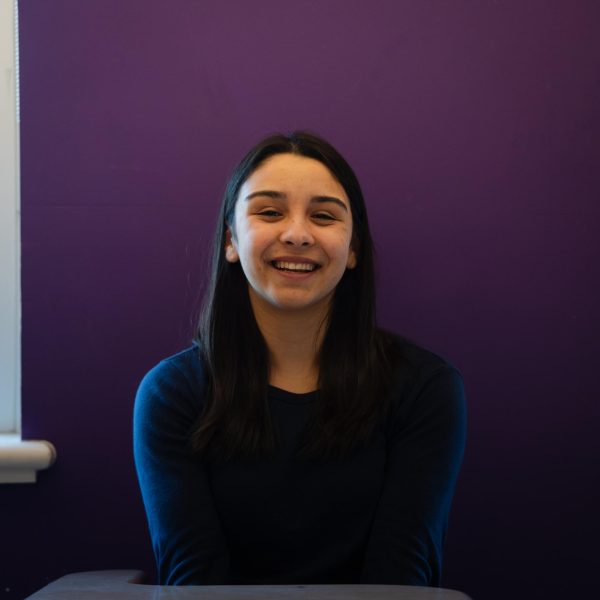Deaf Culture Day educated students and teachers on the realities of living as deaf and hard of hearing in a hearing world Wednesday, May 1.
CAPS organized the event, which included various activities and panels throughout the day. According to sophomore Mikey Resmini, a CAPS student and panelist, it aimed to illuminate diverse perspectives and experiences within the deaf community.
“There was a time in my life when I thought being deaf meant I was broken, but I have come to accept my identity as a deaf person,” said Resmini.
The day kicked off during c-block with guest speaker Mohamed Abanoor, a deaf Boston Police Officer, who talked about his journey and advocacy efforts for equal representation and accessibility within law enforcement.
During WIN Block, CAPS students sophomores Lucy Howard-Karp, Raicheal Shafeers, and Sadie Adam, and freshman Jacklinne Claros taught American Sign Language (ASL) to students and teachers.
“ASL WIN is very successful. Many students sign up for the whole year and seem to enjoy the class. If you want to know more, you can join next week’s ASL class,” said Howard-Karp.
During E-Block, CAPS student panelists shared activities and presentations highlighting common myths and misconceptions about deaf and hard-of-hearing people. Specifically, they addressed the difficulties of lip reading in an activity where hearing students played a game of telephone, trying to pick up a phrase by just reading lips.
Panelists also spoke on what they believed to be the biggest challenges of being a deaf student at North.
“Hearing fatigue can be pretty tough. My days are pretty long because I have a one-hour commute and after-school activities,” said Lamphere
“Sign language is my language like English is your language, but when I’m signing in class, some people look at me like I’m an alien, and, I mean, I don’t think I’m an alien,” added Howard-Karp.
Students then played the short film Dear Hearing People, which voiced messages from deaf and hard-of-hearing people directed toward the hearing majority. They ended the panel by sharing things that they like about being deaf.
“My favorite perk would have to be getting front-row seats to my favorite artists. I can buy a $200 ticket up in the nosebleeds, but because I need to be able to see the interpreter, I get to come all the way down to the floor while y’all are paying $2,000 to be there,” said Howard-Karp.
“And I love the deaf perks, like sometimes when I’m going up the stairs and I hear my mom call my name, I just keep walking, or I can Bluetooth music straight to my cochlear implants,” Resmini added.









































